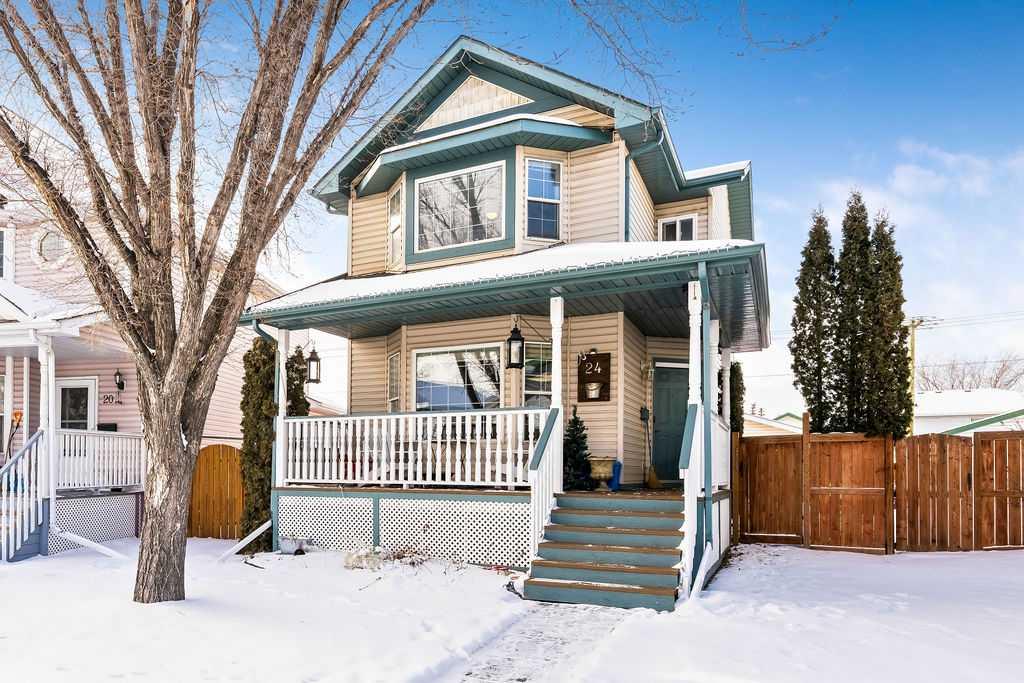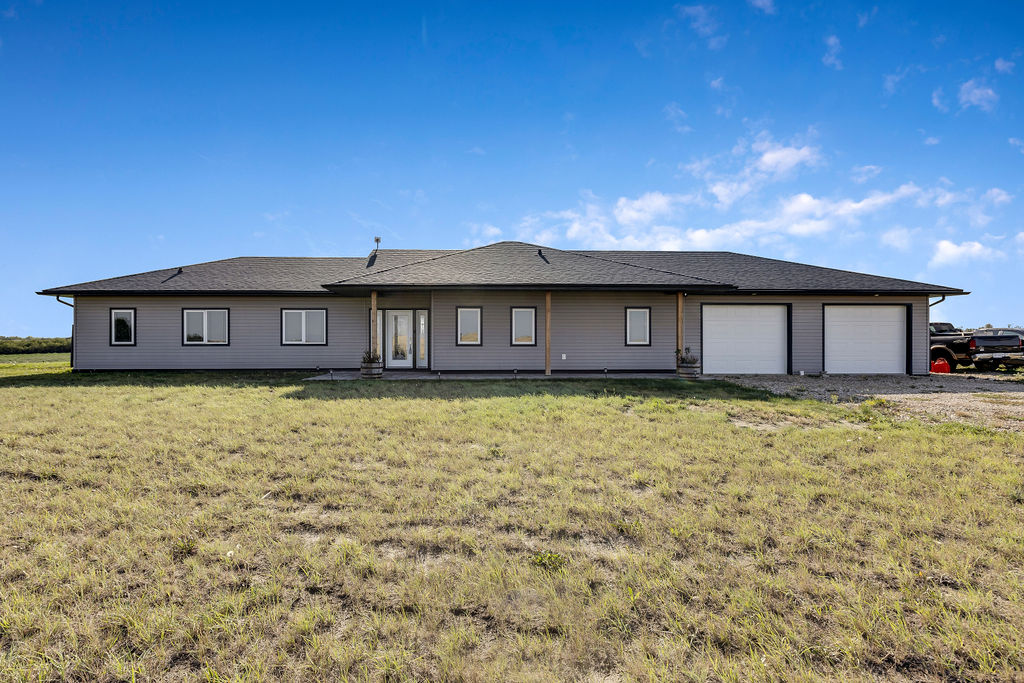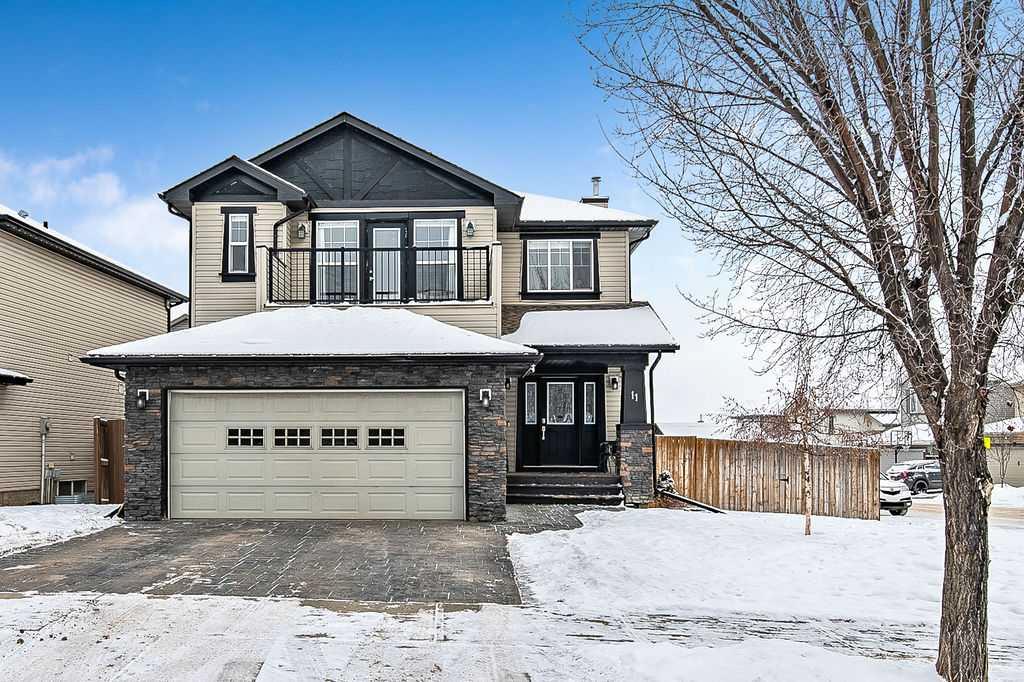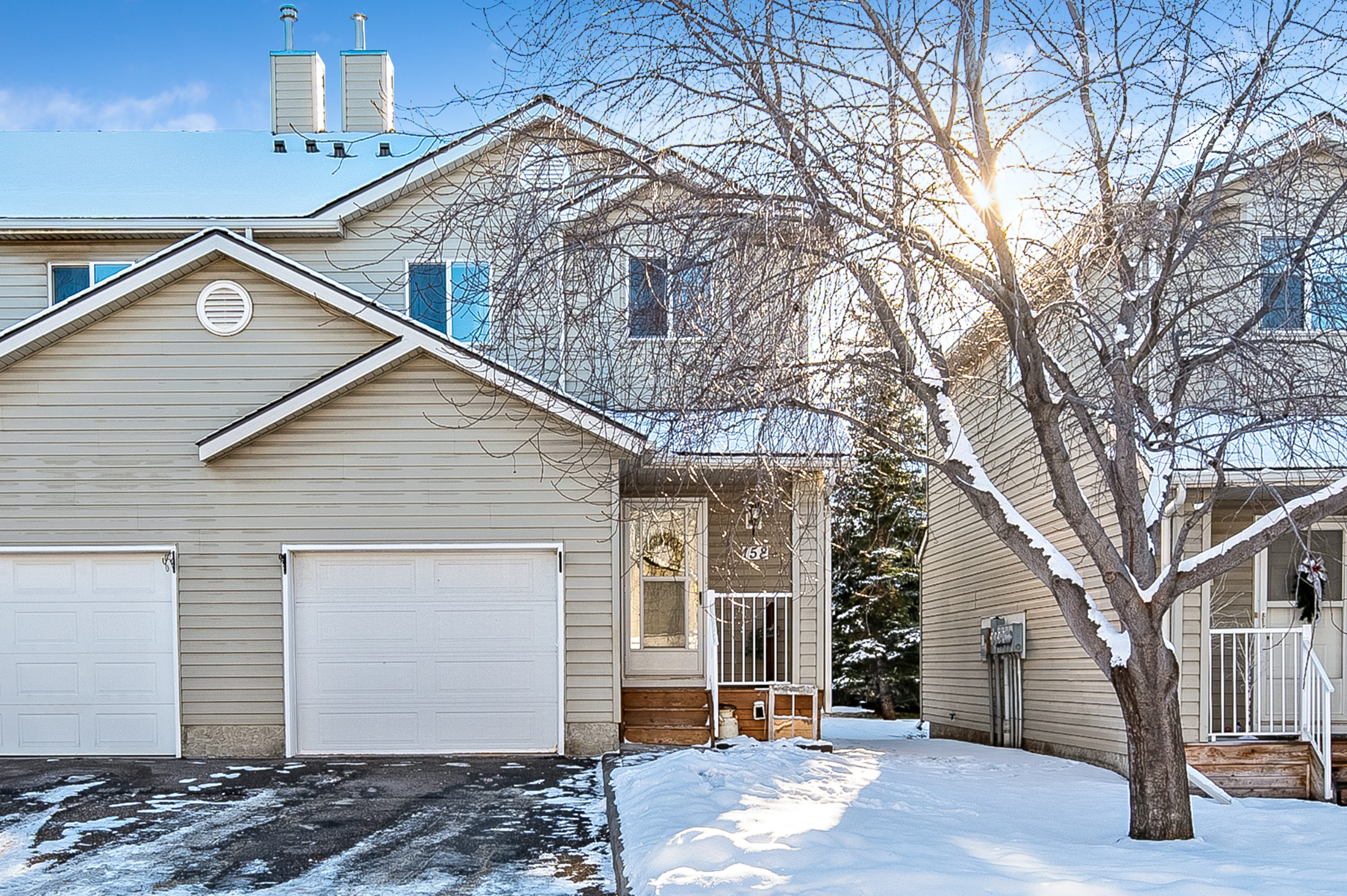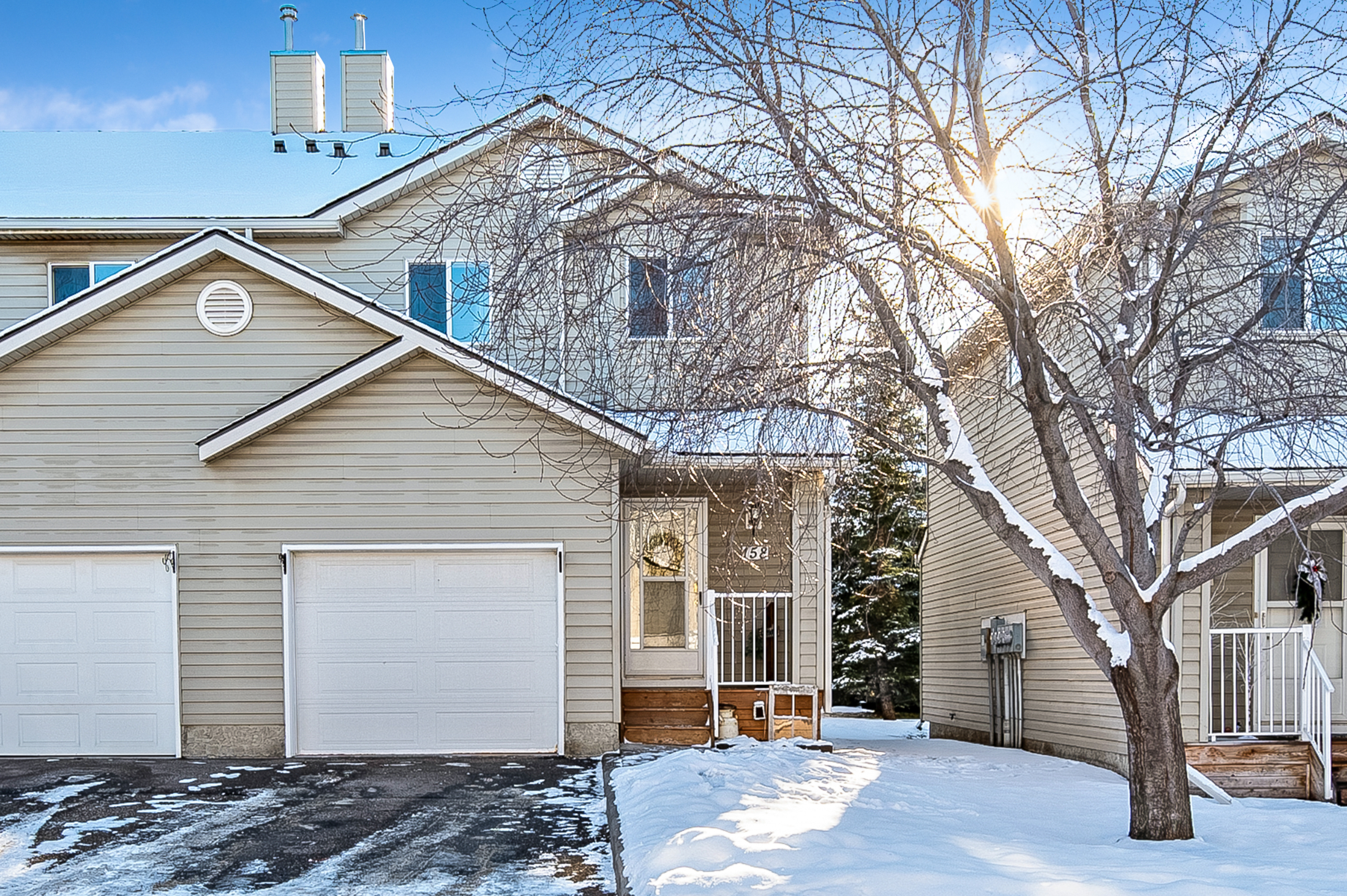Calgary Real Estate Market Trends (as of December 2025)
As of late 2025, the Calgary housing market has shifted toward balanced conditions following a strong 2024, marked by seasonal winter slowdowns, rising inventory, and moderating prices. The market remains resilient compared to other major Canadian cities, supported by Alberta's economy, inter-provincial migration, and ongoing population growth—though slower than peak levels.
Key Statistics (November 2025 Data, Latest Available)
Benchmark Price (typical home, adjusted for features): $559,000
Down 4.8% year-over-year (YoY)
Down 1.3% month-over-month
Average Sale Price: ~$616,000–$622,000 (sources vary slightly due to reporting periods)
Essentially flat YoY (+0.05% in some reports)
Sales Volume: 1,553 homes sold in November
Down 13.6% YoY
Inventory: 5,581 units
Up 28% YoY, the highest for November in recent years
Property Type Breakdown:
Detached Homes: Most balanced segment; benchmark ~$733,000 (slight monthly dip but +1% year-to-date)
Semi-Detached/Row: Strong performers earlier in 2025
Apartments/Condos: Buyer's market with excess supply; prices softening most significantly
The rise in inventory stems largely from newer completions (row and apartment units) entering the resale market, combined with reduced migration-driven demand.
Current Market Dynamics
Balanced Overall: Not a strong seller's or buyer's market city-wide, but hyper-local—detached homes lean balanced/tight, while condos favour buyers.
Seasonal Factors: Sales and listings typically slow in winter; activity often picks up in spring.
Affordability Edge: Calgary remains more affordable than Toronto or Vancouver, attracting inter-provincial buyers despite national challenges.
Challenges: Slower population growth (due to federal immigration changes), economic uncertainty, and competition from rentals/new builds.
Outlook for 2026
Forecasts point to continued balance with modest improvement:
Prices: Expected modest increases (1.5–3% annually), especially in detached homes; aggregate home price potentially reaching ~$701,000 by Q4 2026.
Sales: Steady or slight improvement, potentially exceeding long-term trends.
Highlights: Calgary projected as Canada's top-performing major market in 2026 (per PwC), thanks to strong economy, housing supply delivery, and population fundamentals.
Risks: Dependent on interest rates, employment, and no major external shocks.
Whether you're buying, selling, or investing, now offers opportunities in a more normalized market—buyers have more choices and negotiating power (especially in condos), while sellers in high-demand segments (detached) can still achieve solid results with proper pricing.
Detailed Real Estate Trends for Southeast (SE) Calgary (as of December 2025)
Southeast Calgary, encompassing communities like Auburn Bay, Mahogany (with lake access), Cranston, Seton, McKenzie Lake/Towne, and newer developments, offers a mix of family-friendly suburbs, modern amenities, good commuter routes (e.g., via Deerfoot and Stoney Trail), and proximity to the South Health Campus. As of late 2025, SE Calgary remains one of the more balanced and steady quadrants, with relatively stable pricing compared to city-wide softening, particularly in higher-density segments.
Key Statistics and Trends (November 2025 Data, Latest Detailed Available)
Benchmark Price (Detached Homes): Approximately $551,300 (city-wide detached benchmark ~$733,000 for context; SE is generally more affordable than NW or West quadrants).
Prices have remained fairly steady month-over-month and year-to-date, with minimal declines despite rising inventory.
Year-over-year changes: Modest adjustments, but less pronounced than in NE or East districts (which saw ~5-6% YoY declines in some reports).
Sales Volume: Contributed to city-wide trends with slower seasonal activity (city sales down ~13-14% YoY in November).
Detached and semi-detached sales aligned with long-term averages; stronger in family-oriented SE communities.
Inventory Levels: Rising, similar to city-wide +28% YoY increase.
Months of supply: Around 3-4 months for detached/row (balanced), higher for apartments (buyer-friendly, up to 5+ months).
Gains driven by completions in newer SE communities and resale supply.
Property Type Breakdown in SE:
Detached/Single-Family: Most resilient; balanced market with steady demand from families and inter-provincial migrants. Lake communities (e.g., Mahogany, Auburn Bay) often see premium pricing due to amenities.
Row/Townhomes: Moderate supply growth; prices slightly softer (~4-6% YoY city-wide adjustment, similar in SE).
Apartments/Condos: Most impacted; excess supply leading to buyer leverage and price softening (city-wide ~7% YoY decline).
Current Market Dynamics in SE Calgary
Balanced Conditions: SE leans slightly buyer-friendly in condos/apartments, but tighter for desirable detached homes in established or lake communities.
Strengths: Newer builds, recreational amenities (lakes, pathways), schools, and shopping (e.g., Seton urban district) support demand. Good value compared to pricier West or NW quadrants.
Challenges: Competition from new constructions and rentals; seasonal winter slowdown reduces urgency.
Hyper-Local Variations: Premium areas (lake access) hold value better; older or higher-density pockets see more inventory and negotiability.
Outlook for 2026 in SE Calgary
Expected modest price growth (1-4% city-wide forecast; similar or slightly stronger in SE due to family appeal and ongoing development).
Sales are likely to stabilize or improve with potential lower interest rates and Alberta's economic resilience.
Opportunities: Buyers have more choices/negotiating power now (especially condos); sellers in high-demand detached segments can achieve solid results with accurate pricing.
The SE quadrant provides excellent opportunities in a normalizing market—whether upgrading to a lake home, downsizing, or investing. For hyper-specific insights on your community (e.g., Mahogany vs. Cranston listings/prices), visit https://christensenhomes.ca/recip.html or reach out, ron@ronchristensen.info for a free personalized consultation!





